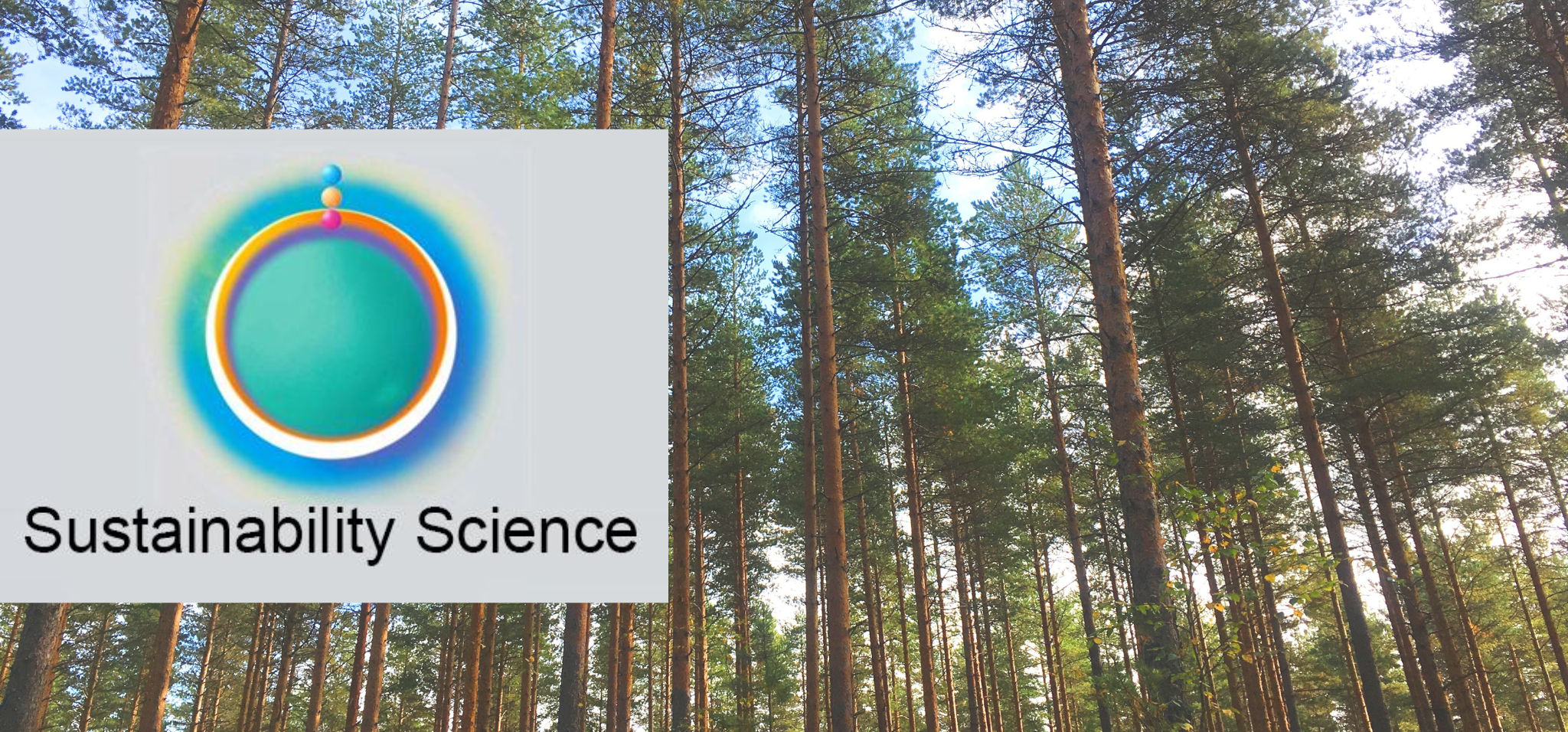
The latest paper led by FABLE Finland has been published in Sustainability Science, as part of the Special Issue 'Globally-Consistent National Pathways towards Sustainable Food and Land-use Systems'.
Authors: Heikki Lehtonen & Janne Rämö.
Abstract
Food security under climate change, several sustainability problems, and ambitious climate targets are considered challenges for agriculture and food sectors in many countries. Since agricultural production and its land use produce appr. 20% of greenhouse gas (GHG) emissions of Finland, reducing agricultural GHG emissions is important for meeting national target of climate neutrality by 2035. Healthier food diets, maintenance of biodiversity, and reduced nutrient leaching from agriculture are also required for a more sustainable food economy.
This paper aims to show how agriculture in Finland, traditionally dominated by livestock production, could decrease GHG emissions significantly and simultaneously respond to other sustainability concerns. Our results, based on economic modelling of the agricultural sector, suggest that moderate changes in food diets and land use can reduce GHG emissions of agriculture by more than 40% by 2050 if productivity growth and policy changes support the overall change in the agriculture and food sector. Adaptation to climate change, e.g. more higher crop yields efficient input use, is necessary for productivity growth.
Decreased demand for meat and decreased cultivation of feed crops would decrease GHG emissions and free up land for carbon sequestration through afforestation. Whilst healthier food diets imply less livestock and increased imports of protein crops for food, a reasonable volume of livestock production is useful for maintaining food security, grasslands, crop rotations, soil carbon, and biodiversity. We conclude that transition to low carbon and more sustainable agriculture is possible without risking food security at northern latitudes.